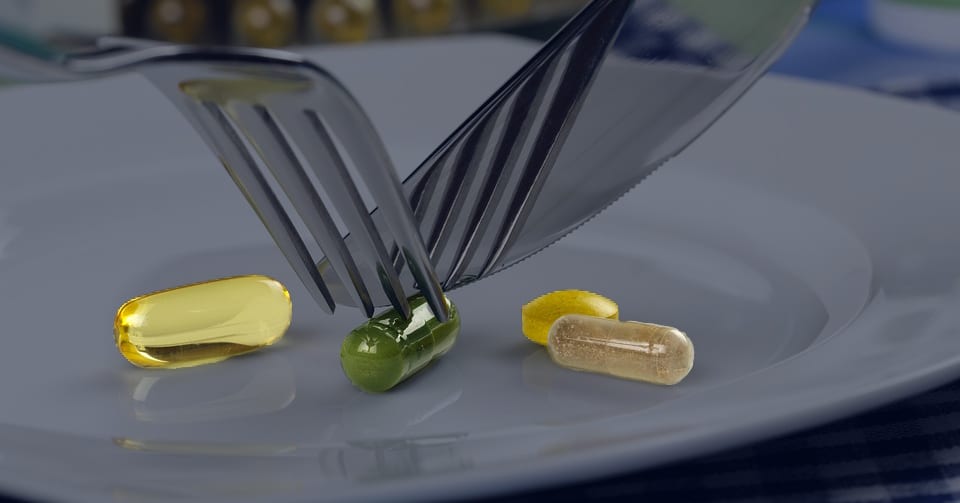Everyone knows the three things you’ve got to do to be healthy – work out, eat right, and take your vitamins, right?

Photo Credit: Pixabay
After all, it’s a well-established fact that vitamins are essential for the mechanics of life – all living creatures on our planet either produce vitamins through natural processes or find ways to get them through other sources. Scientists believe the reason our ancestors stopped synthesizing many vitamins internally was that our primitive diets of game and fruit already provided these essential nutrients in abundance.
Growing Deficiencies
As human civilization grew more complex and our diets changed to starchier, less nutritionally dense foods like wheat and corn, the risk of vitamin-related illness grew.

Photo Credit: Pixabay
Industrial processing of staple foods such as rice further led to nutritional deficiencies. In fact, it was the rise of beriberi – a disease which causes loss of sensation in the legs – as a result of white rice consumption that led scientists to first discover the “vital amines” in food (later shortened to “vitamins”) that are essential to good health.

Photo Credit: Wikimedia Commons
Since then, the market for vitamins and health supplements has exploded – it’s currently valued in the tens of billions of dollars. With so much money to be made, a lot of marketing dollars have been spent trying to convince us that there’s a gap in our health, one that is best filled with a daily regimen of vitamin pills.
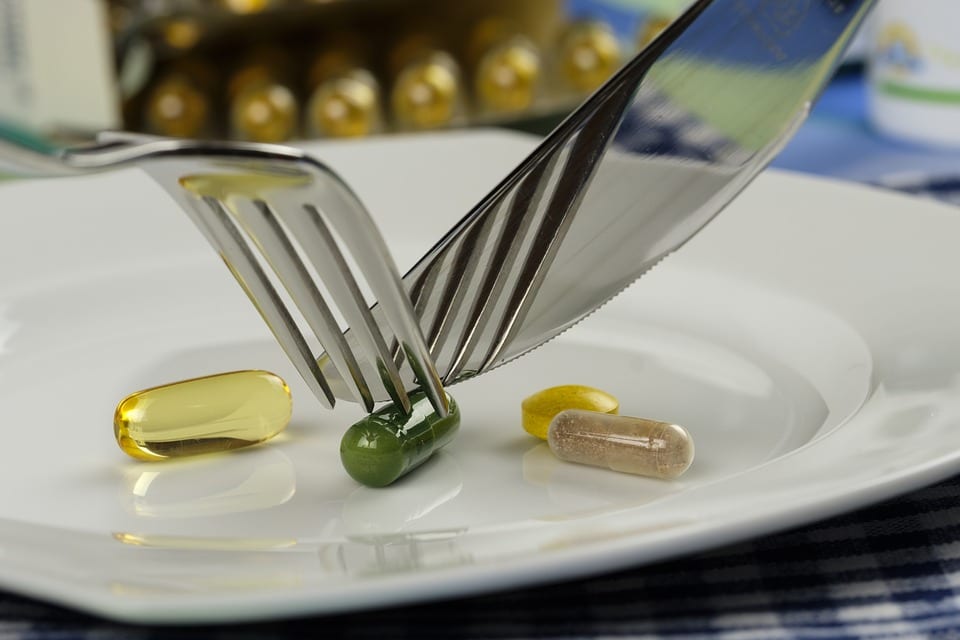
Photo Credit: Pixabay
Scientific opinion
It turns out, however, that that might not be entirely true. Despite the fact that millions of people faithfully take multivitamins every single day and swear they feel amazing as a result, the fact is that despite decades of research, there is very little scientific evidence that multivitamins provide any actual, measurable benefits. As a matter of fact, a study published in the Annals of Internal Medicine even concluded:
Most supplements do not prevent chronic disease or death, their use is not justified, and they should be avoided. This message is especially true for the general population with no clear evidence of micronutrient deficiencies, who represent most supplement users in the United States and in other countries.
More specifically, the study found that supplementing with vitamins had no real effect in reducing the risk of cancer, heart disease, cognitive decline, or premature death. As a matter of fact, an excess buildup of fat-soluble vitamins like vitamin A, D, E, or K can even cause heart and kidney problems, which can sometimes be fatal.

Photo Credit: Pixabay
That last part is important to note because according to the CDC, most Americans are actually doing a good job getting enough vitamins and minerals through natural means – meaning most of us are running the risk of having too much of a good thing by taking multivitamins so religiously.

Photo Credit: Pixabay
Not All Bad
This isn’t to say, however, that vitamin supplements are universally a bad thing. If you’ve been medically diagnosed by a licensed physician as having a vitamin deficiency, you should take vitamin supplements as directed – iron deficiencies are relatively common, for instance. However, trying to use a multivitamin to overcome a specific deficiency is not likely to work.

Photo Credit: Pixabay
Here’s a quick rundown of what vitamins are worth taking, and which ones are best avoided:
Avoid
Multivitamins – As we’ve already said earlier, go ahead and skip these. They do nothing of any real value for your health.
Vitamin B – B-vitamins have been promoted as a treatment for a variety of ailments, but a 2014 study found that people taking it for heart health actually had no reduction in risk for cardiovascular issues. Good natural sources include salmon and tuna.
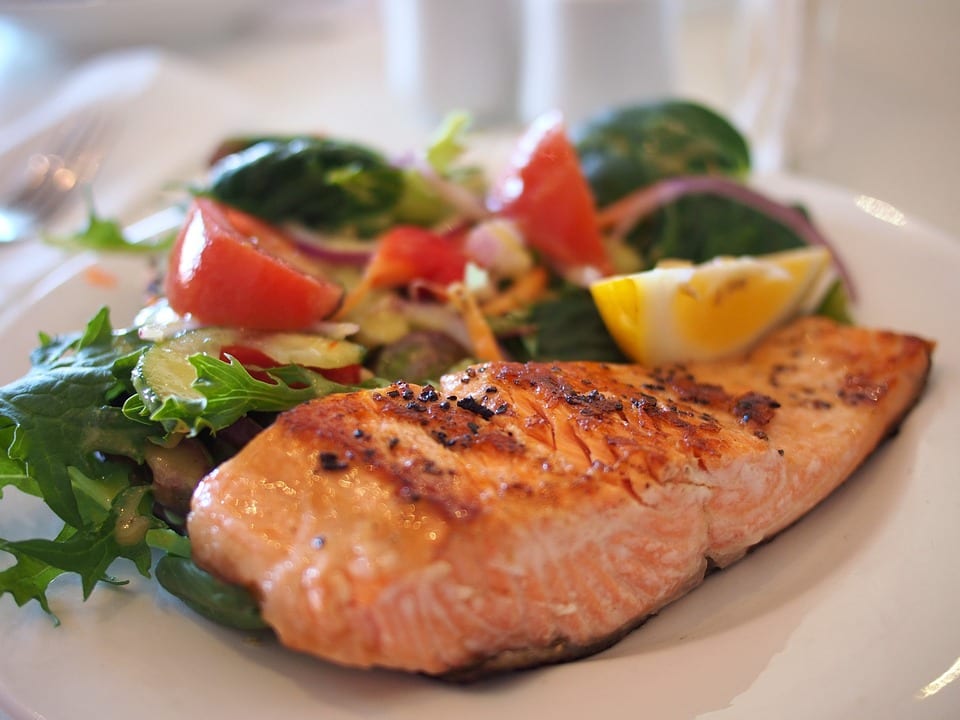
Photo Credit: Pixabay
Vitamin C – Don’t believe the hype, because study after study has found that vitamin C does little-to-nothing to prevent the common cold, and high dosages can increase the risk of kidney stones. You’re better off eating vitamin C-rich foods like strawberries and citrus fruits.

Photo Credit: Pixabay
Vitamin E – Studies have linked taking vitamin E supplements with an increased risk of prostate cancer in men, as well as a higher overall risk of death. Get your vitamin E from natural sources like spinach and other dark greens instead.
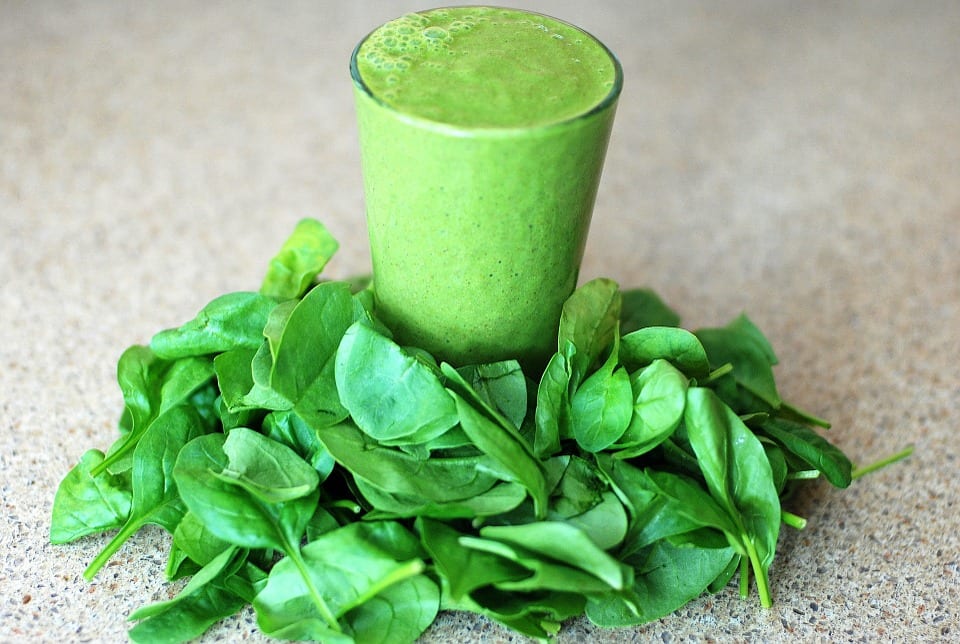
Photo Credit: Pixabay
Antioxidants – Antioxidants like vitamins A, C, and E are abundantly available in many berries. While they have been found to have cancer-fighting properties, it seems that excess quantities can actually increase the risk of death. Once again, your best bet is natural sources like berries and green tea.
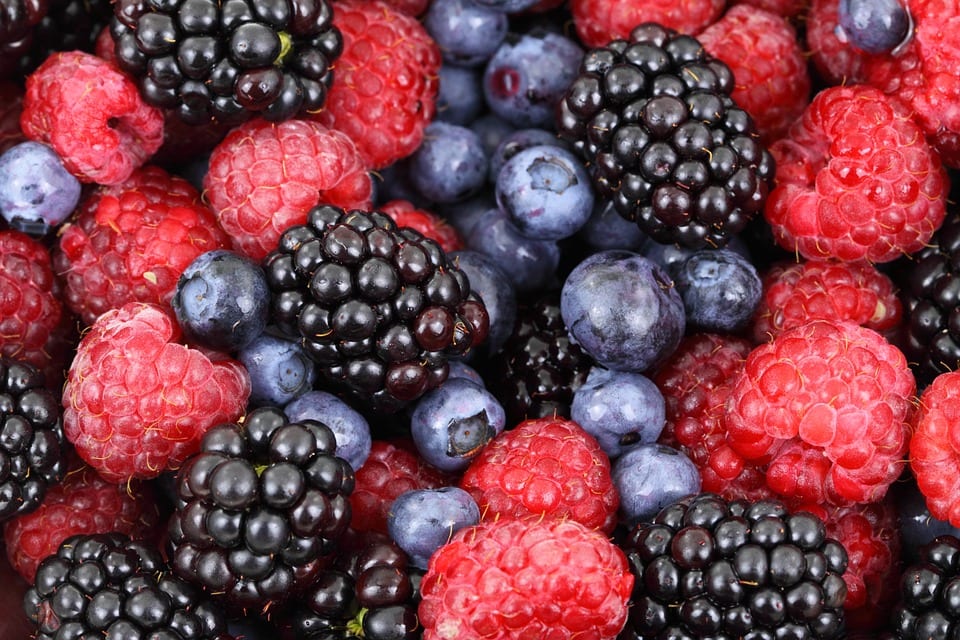
Photo Credit: Pixabay
Probiotics – Probiotics are not vitamins, though they are supplements. They can sometimes cost up to $1/pill, promising better intestinal health by supporting the good bacteria in our digestive tract. While we know that these bacteria are important to our health, the science regarding probiotic supplements is still inconclusive. In the meantime, just eat naturally cultured yogurt instead.
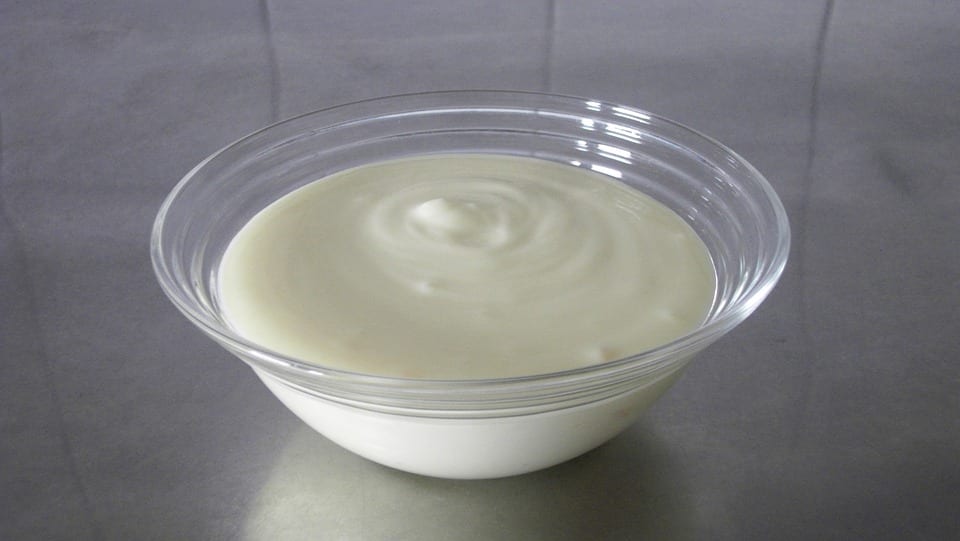
Photo Credit: Pixabay
Worth Taking:
Vitamin D – Vitamin D isn’t present in large quantities in most diets, but it’s actually a pretty important nutrient for strong bones and teeth. Although the body does synthesize vitamin D naturally with exposure to sunlight, it may still not be enough for some people. Just be careful not to overdo it either – excessively large dosages of vitamin D can cause serious health issues.

Photo Credit: Pixabay
Folic Acid – Folic acid is a B-vitamin that is crucial to the creation of new cells. As such, it is vital for pregnant women or women trying to become pregnant to supplement their folic acid intake (in accordance with their physician’s guidelines) – particularly as it’s been shown time and again to prevent birth defects.

Photo Credit: Pixabay
Zinc – Zinc is what vitamin C wishes it could be. While vitamin C can’t stop talking about its non-existent cold-fighting prowess, zinc actually delivers on that promise.
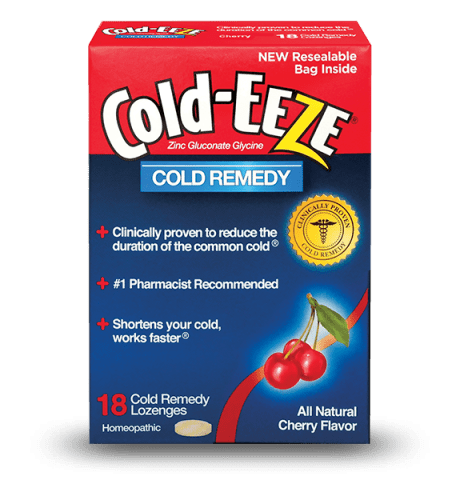
Photo Credit: Cold-Eeze
Again, this is not a conclusive list. If your doctor tells you something otherwise, trust the medical professional – but if you’re just looking to be a little healthier, this is a great place to start.

